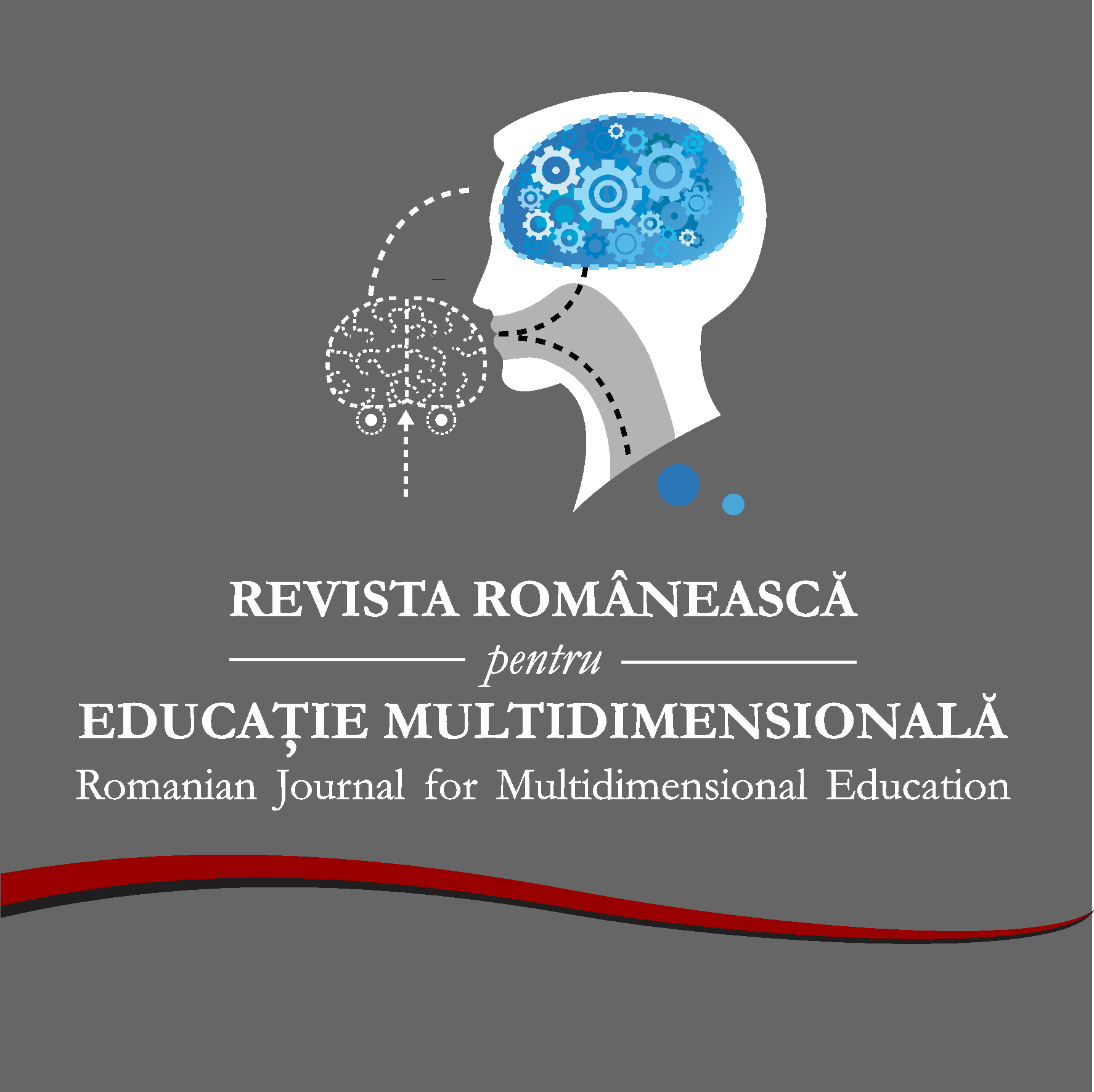The Physical Condition of Deaf Primary School-Age Children and How to Correct it Using Physical Education Methods
The Physical Condition of Deaf Primary School-Age Children and How to Correct it Using Physical Education Methods
Author(s): Khrystyna Shavel, Iryna Hrybovska, Nataliya Stepanchenko, Maryan Pityn, Myroslava Danylevych, Yaroslav Kashuba, Ivan MariondaSubject(s): Social Sciences, Education, School education, Pedagogy
Published by: Editura Lumen, Asociatia Lumen
Keywords: physical condition;development;correction;means of physical education;physical games;
Summary/Abstract: The latest studies have shown that the parameters of physical development of children with hearing loss are attracting the attention of the scientific community. However, there are few studies that investigate changes in the physical condition of deaf children after improving physical education. The purpose of this work is to study the physical condition of deaf primary school-age children and develop a corrective program using methods of physical education. The study included 72 deaf children (to the experimental nEG=37 and the control group nCG=35) and 28 primary school-age children with normal hearing. The choice of research sample was random and the age of the children ranged from 6-10 years old. The physical condition of the schoolchildren was determined using a set of medical and biological methods: blood pressure measurement, heart rate calculation according to the electrocardiogram R-R interval, spirometry, electrocardiography, echocardiography, physical work capacity (PWC150) test, measurement of catecholamines using E. Matlina’s method, and anthropometry. The experimental physical education program consisted of a set of physical, breathing and posture exercises as well as physical games. Games were divided by complexity, level of perception, physical intensity, and impact on the body. It was determined that deafness negatively affects anthropometric indicators, the respiratory system, and the functional condition of the sympathoadrenal system, but does not affect the morpho-functional values of cardiac performance in primary school-age children. The study proves the effectiveness of adopting exercise programs based on physical games as a means of correcting the physical condition of deaf children. The study confirmed that the implementation of exercise programs for the correction of the physical condition of deaf primary school-age children by means of physical education based on physical games in the daily routine of special boarding schools has a positive effect on the children’s respiratory, cardiovascular and sympathoadrenal systems.
Journal: Revista Românească pentru Educaţie Multidimensională
- Issue Year: 13/2021
- Issue No: 4
- Page Range: 339-358
- Page Count: 20
- Language: English

